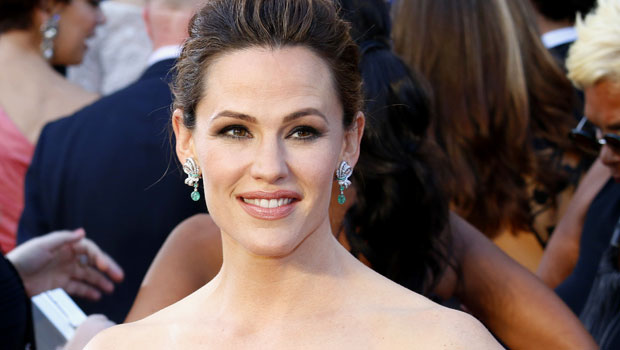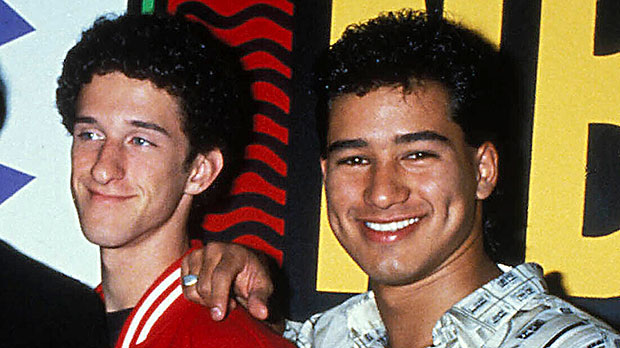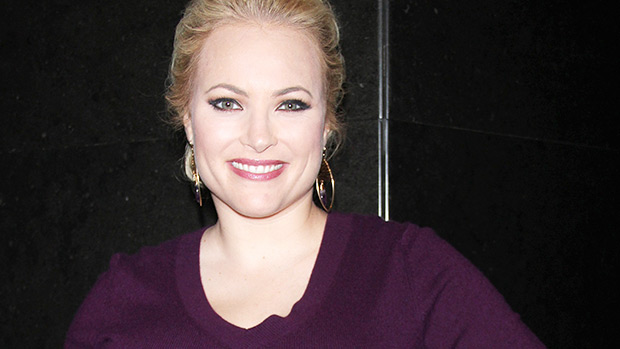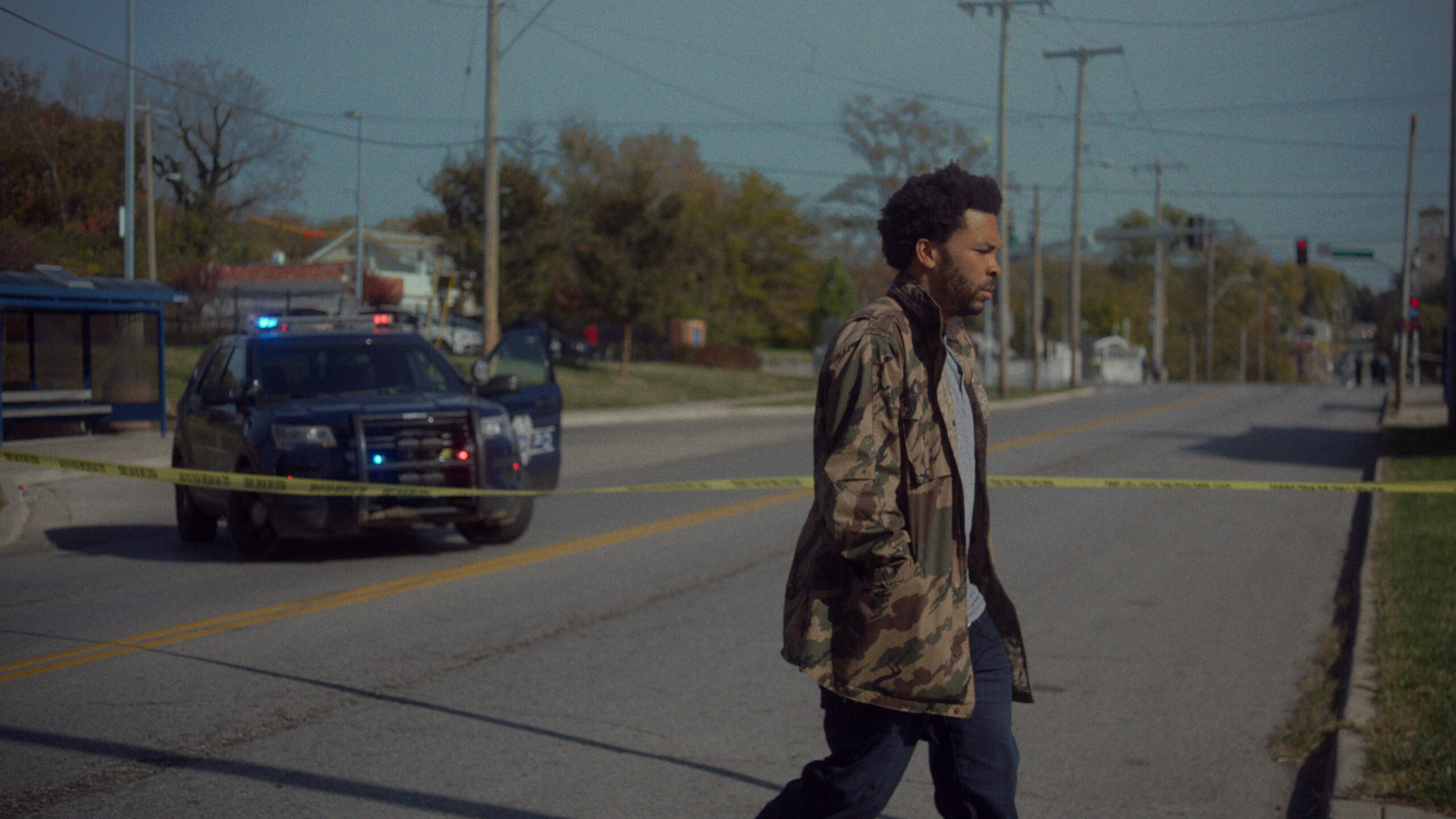Quote of the Day: “P-Valley” Creator Katori Hall Calls for More Stories About Abortion
On this past Sunday’s episode of “P-Valley,” Katori Hall’s Starz drama about a Mississippi strip club’s performers and patrons, a couple characters decided to travel to the state capital, Jackson, for a consultation at a clinic. Terricka (Azaria Carter),...
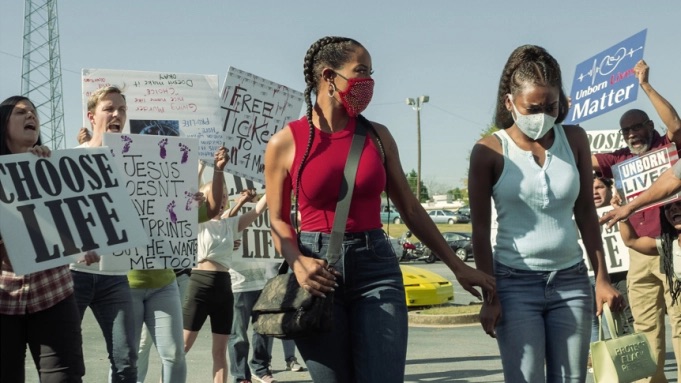

Quote of the Day: “P-Valley” Creator Katori Hall Calls for More Stories About Abortion
"P-Valley": StarzOn this past Sunday’s episode of “P-Valley,” Katori Hall’s Starz drama about a Mississippi strip club’s performers and patrons, a couple characters decided to travel to the state capital, Jackson, for a consultation at a clinic. Terricka (Azaria Carter), the teen daughter of Mercedes (Brandee Evans), is pregnant and unsure of what she’s going to do about it. Her mother wants Terricka to learn about her options, including a potential abortion.
As Hall recently wrote in a guest column for The Hollywood Reporter, “While never explicitly named in the show, the obvious inspiration of the clinic was ‘The Pink House’ or Jackson Women’s Health Organization, whose real-life legal battles waged with the state of Mississippi set the stage for the overturning of Roe v. Wade.” Mississippi’s only abortion clinic closed earlier this month as a direct result of the Supreme Court decision.
According to Hall, the team behind “P-Valley” had long wanted to explore abortion and reproductive justice on the show. The erosion of reproductive rights, especially among Black and Brown women, unfortunately, is an evergreen topic. Now, with the reversal of Roe on June 24, the events of the latest episode could not be more prescient.
“From season one, we searched for a way to tell a story about the limited and restrictive reproductive rights in Mississippi, which was one of only five states with just one abortion clinic. We felt it our responsibility to depict the war on Black women’s bodies raging in this conservative state,” Hall explained. “This season, we explored this complicated and highly emotional issue through the lens of a fractured mother-daughter relationship. We learn that as a teenager Mercedes was forced by her own mother to have Terricka and to relinquish custody of her, the source of their fraught bond. Mercedes struggles to give Terricka the gift of choice which was denied to her.”
As the Pulitzer-winning playwright sees it, storytellers have the power, and duty, of cutting through politics and buzzwords, of highlighting the human side of issues that lawmakers tend to treat with apathy — as such, stories about abortion are needed now more than ever.
Katori wrote, “To live this American life in this body, at the intersection of race, class, and gender, can feel like a gift and burden all at once. The stories I have inside of me are plentiful, and I am thankful that as a storyteller I have the platform to create empathy where law and policy have failed.” She continued, “Story has the ability to create compassion and care in hearts closed off by politics, especially for Black and brown women who will be disproportionately impacted by this legislation. As we move into this precarious next chapter in American history, I call for more storytellers to reflect these times — the challenges, the truth, and the hope because there is hope,” she stressed. “In some ways, the yesterday of Mississippi might have been a bit better for women than the Mississippi of today, but with renewed fight we can — like Mercedes — hold space for our daughters to make their own choices for their lives in the Mississippis of tomorrow.”
Now in its second season, “P-Valley” is based on Hall’s play “Pussy Valley.” Her other shows include the Olivier Award-winning “The Mountaintop,” “The Blood Quilt,” “Hurt Village,” and “The Hot Wing King.” She won a Pulitzer for the latter. Hall also wrote the book for “Tina: The Tina Turner Musical.”

 Koichiko
Koichiko 







